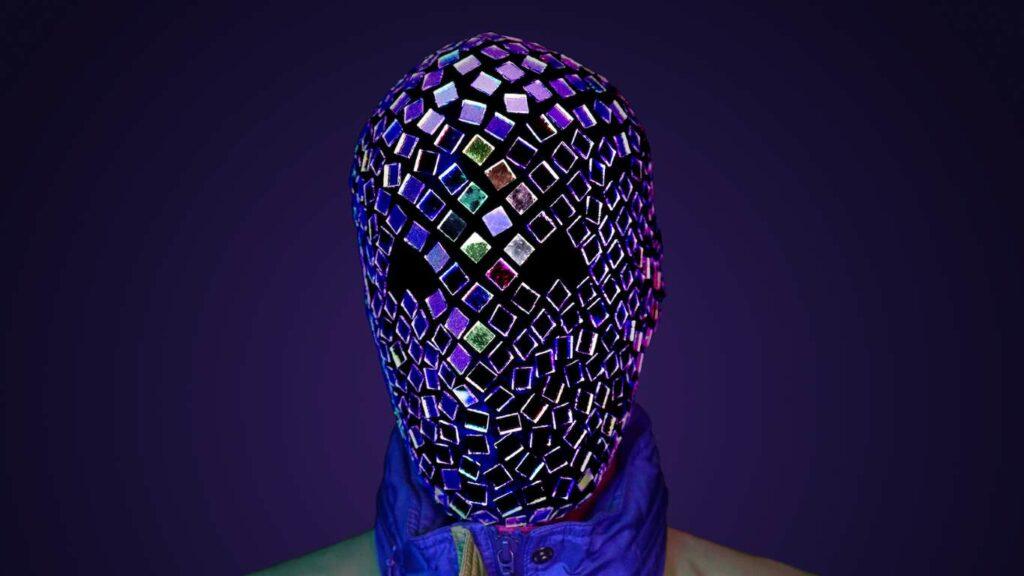Disco Face: The Hero Behind The Mask
by Sierra Domb, Founder & CEO, Visual Snow Initiative
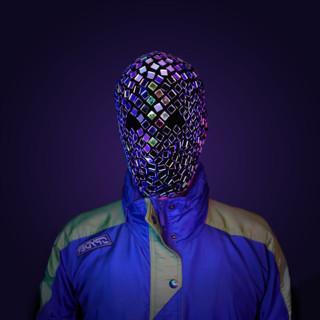
Introduction
In a TikTok video posted in October of 2023, multitalented musician, producer, and songwriter, Disco Face, shared that he has Visual Snow Syndrome, a neurological disorder (VSS). VSS causes him to see constant static and other visual disturbances that distorts people’s faces. Disco Face also experiences non-visual symptoms of VSS like derealization, or feeling detached from reality, and other sensory disturbances, including electric sensations. The debilitating nature of Disco Face’s VSS symptoms negatively impacted his mental health. He began suffering from severe anxiety and panic attacks, expressing that there was a time he “didn’t want to live”. After losing hope, Disco Face decided to embrace the unpredictability of life, use it as motivation to pursue what he loves most: music.
Today, Disco Face and has amassed millions of fans worldwide and received recognition from established artists, including CeeLo Green, David Kushner, Angus and Julia Stone, as well as top music labels. After posting covers on TikTok, he went viral, signed a record deal at an independent label, and appeared on TV. In the ever-evolving landscape of music, Disco Face showcases a unique blend of bright electronic dance music with dark, alternative undercurrents. Concealed behind a mask, akin to revered artists like Daft Punk and Marshmello, Disco Face has captivated a massive audience with his innovative approach to music.
His noteworthy single, “Daylight”, exemplifies his musical prowess, incorporating a sample from Chrish’s widely popular TikTok video, which resonated with millions. Further solidifying his mark in the industry, his original single, “Dance With My Demons”, combines haunting lyrics with an infectious beat, reflecting a narrative of resilience and determination. His newest single, “Bury Me Alive“, is out now (more details below).
Disco Face’s signature mask is adorned with small reflective mirrors, signifying his love for dance music and resembling his pixelated view of the world due to VSS. But while Disco Face’s struggles encompass VSS, he acknowledges that everyone has their own struggle in life, which is why the fragments on his mask reflect back to whomever is looking at him.
Disco Face’s passion and musical talents are evident, but so are his resilience and advocacy for VSS awareness. His inspiring story is one of perseverance and hope, encouraging everyone to live life to the fullest despite the challenges they may face.
I recently had the pleasure of interviewing Disco Face about his journey with VSS, career, musical releases, and more.
The following is an interview with musical artist Disco Face, with questions asked to him by Sierra Domb, Founder & CEO of the Visual Snow Initiative.
Interview with Disco Face
Sierra: How did Visual Snow Syndrome (VSS) affect you when you first got it?
Disco Face: The first few years were very difficult. I had every major symptom, 24/7, at what felt like a 10/10 intensity for months at a time. It took me a long time to learn what it was or realize what exacerbated my symptoms, so for a while I just made it even worse with things I thought would help. VSS affected my work, my social life, and my love life. For the first year it felt like my life was completely on hold, and until I could figure out how to “cure” it I really didn’t care about anything else.
Sierra: What symptoms do you experience?
Disco Face: Over the years I’ve experienced most of the common symptoms of VSS, including visual snow, palinopsia, sensitivity to light, halos/starbursts, difficulty seeing in the dark, anxiety, panic attacks, depression, derealization, headaches, brain fog, fatigue, sensitivity to sound, tinnitus, and others. Today, as I’ve gotten much better at managing VSS, it’s mainly the visual symptoms that I still deal with day to day. Most of the other symptoms don’t come up often, and when they do they’re not as severe.
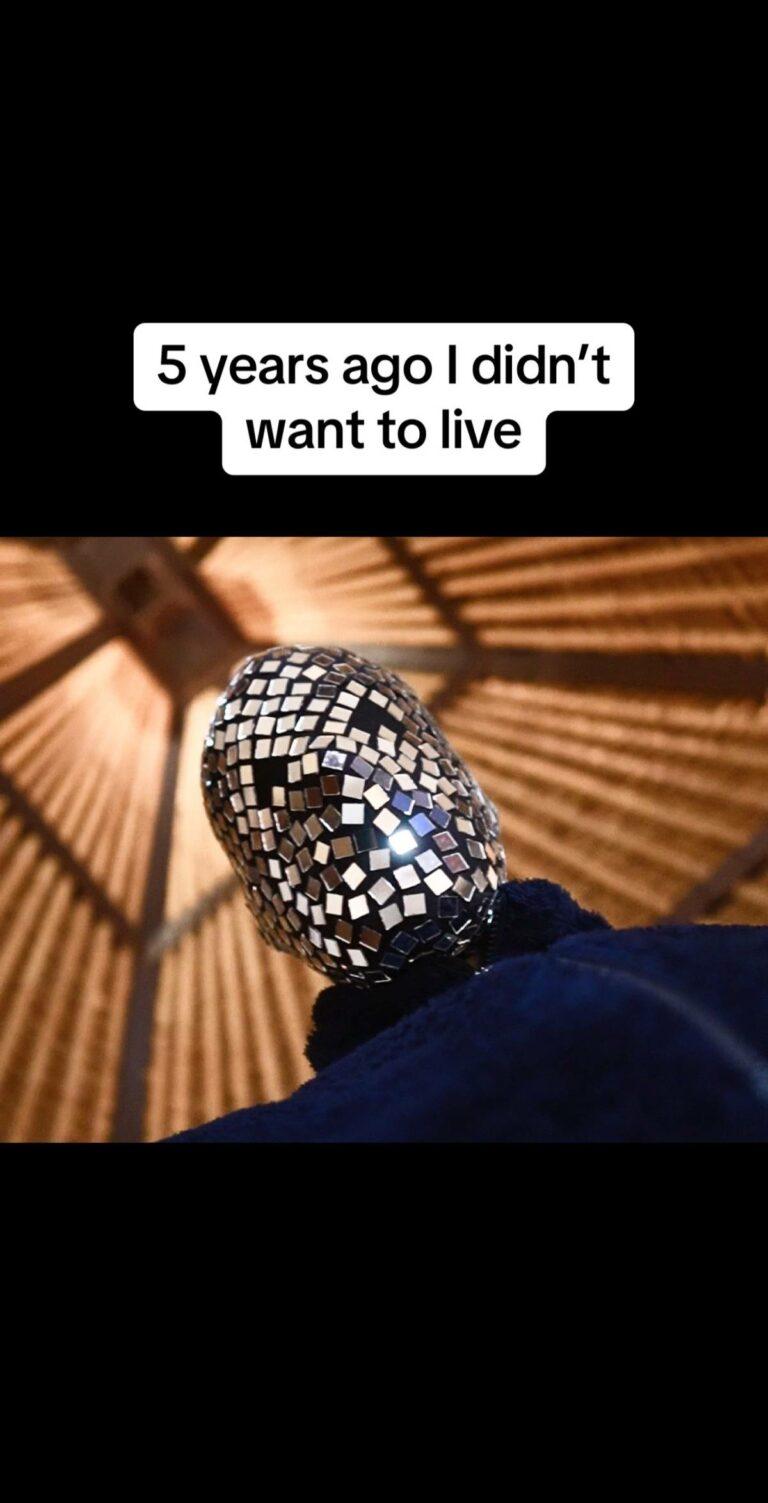
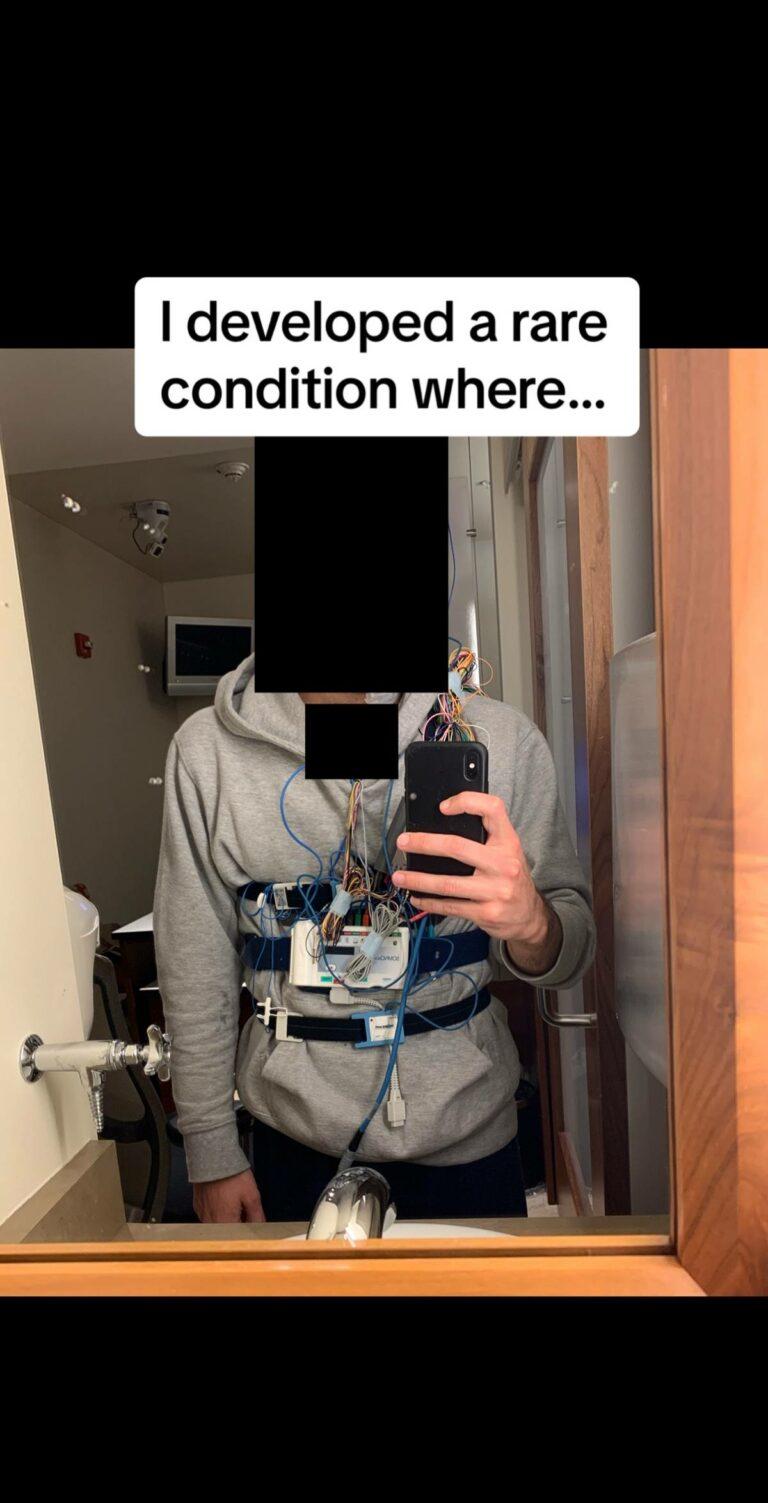
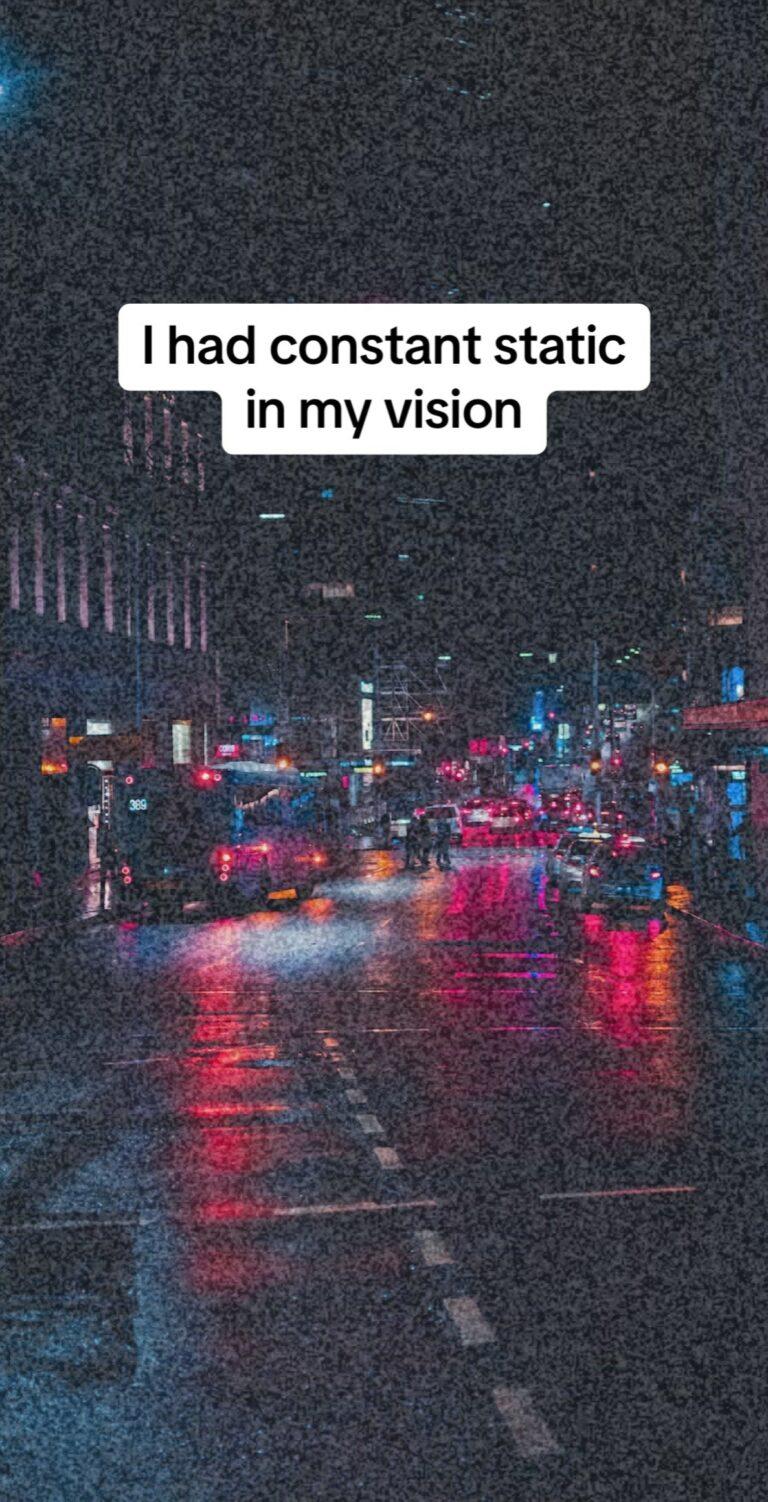
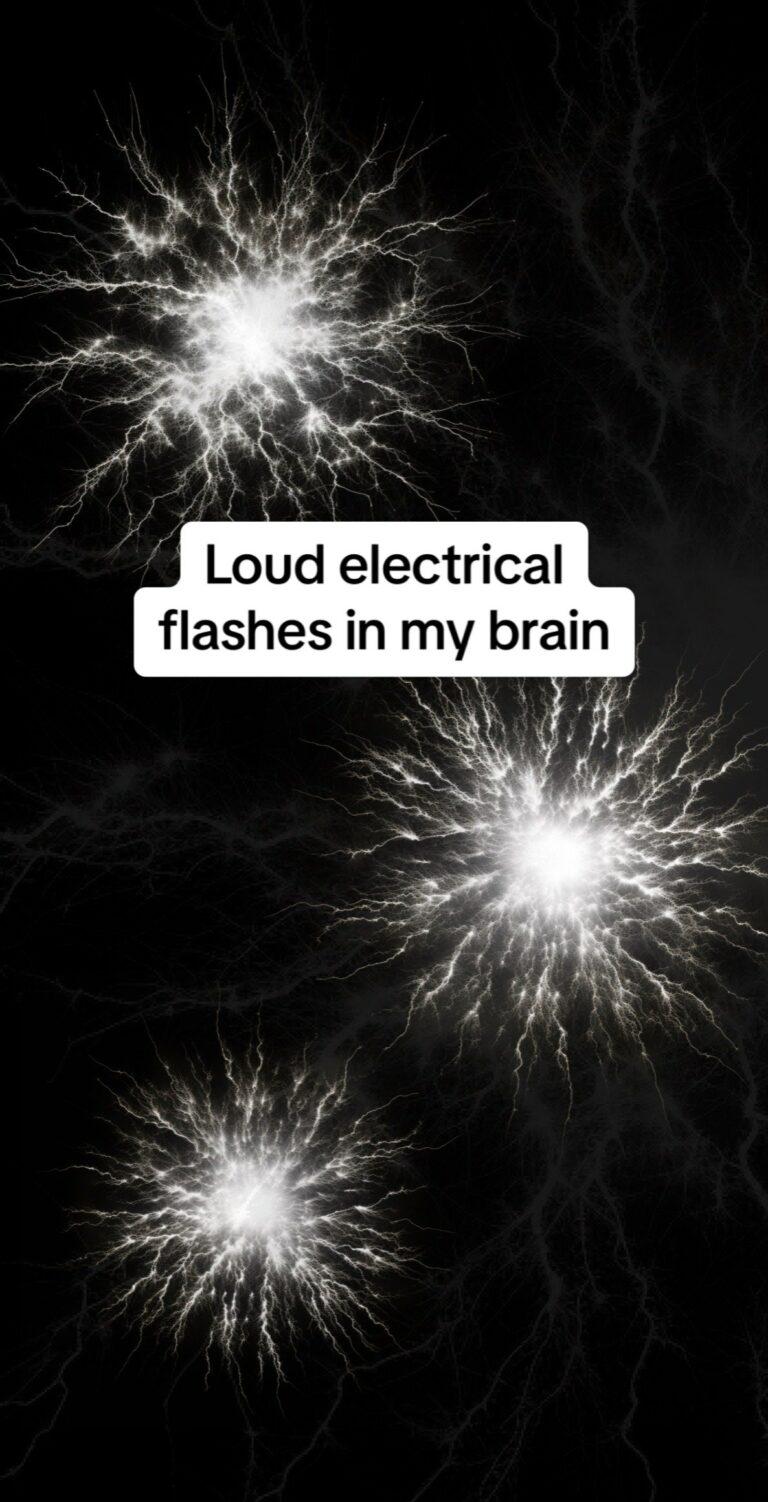
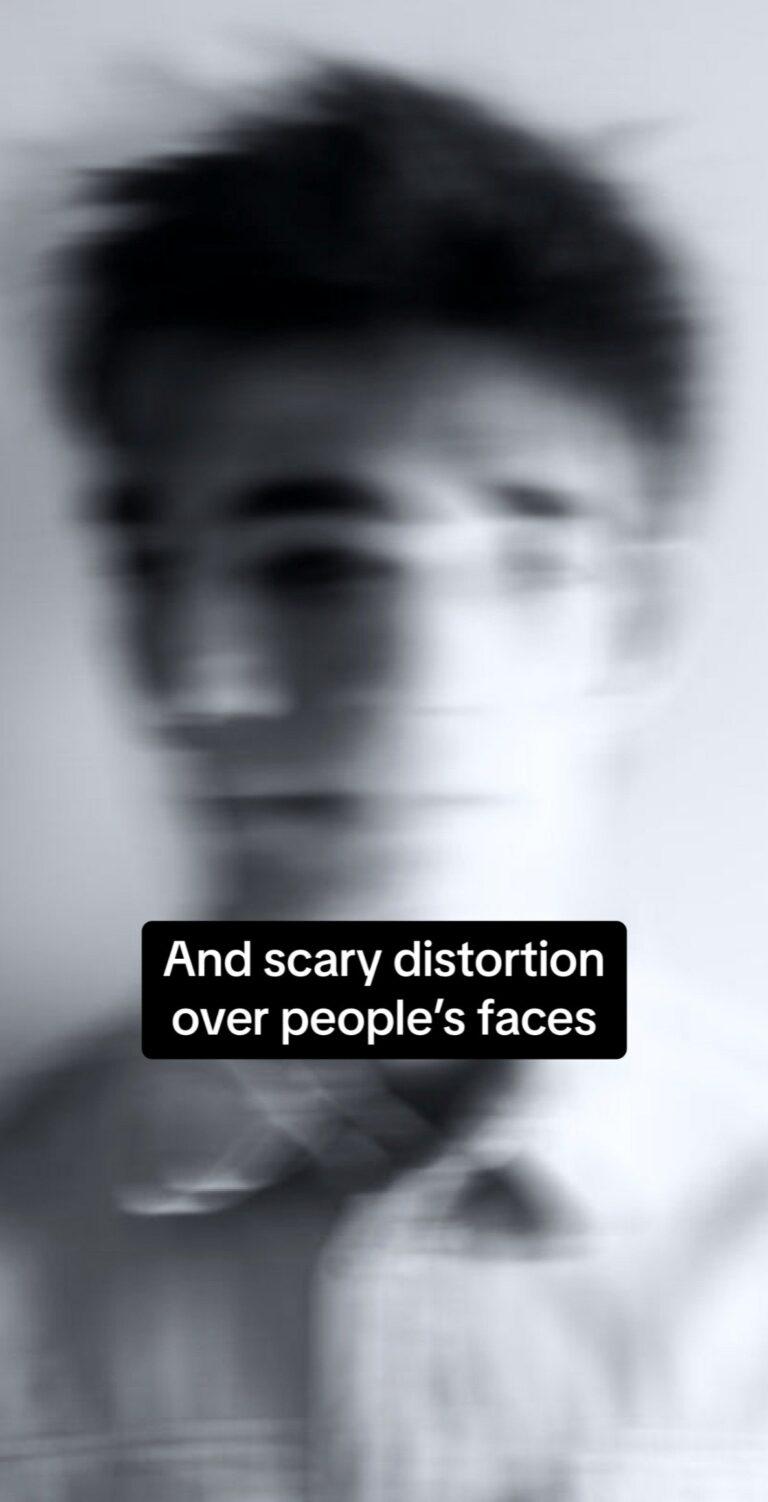
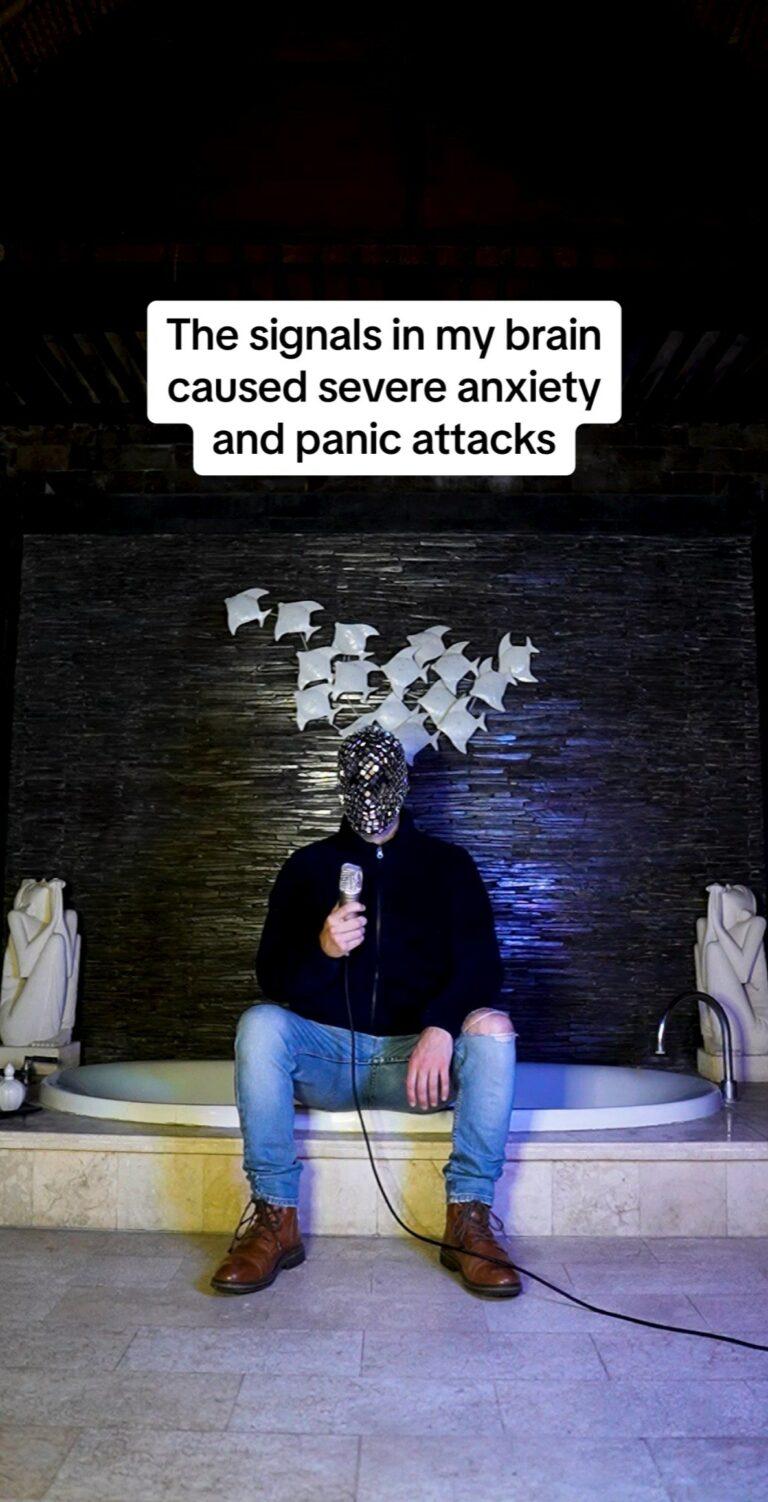
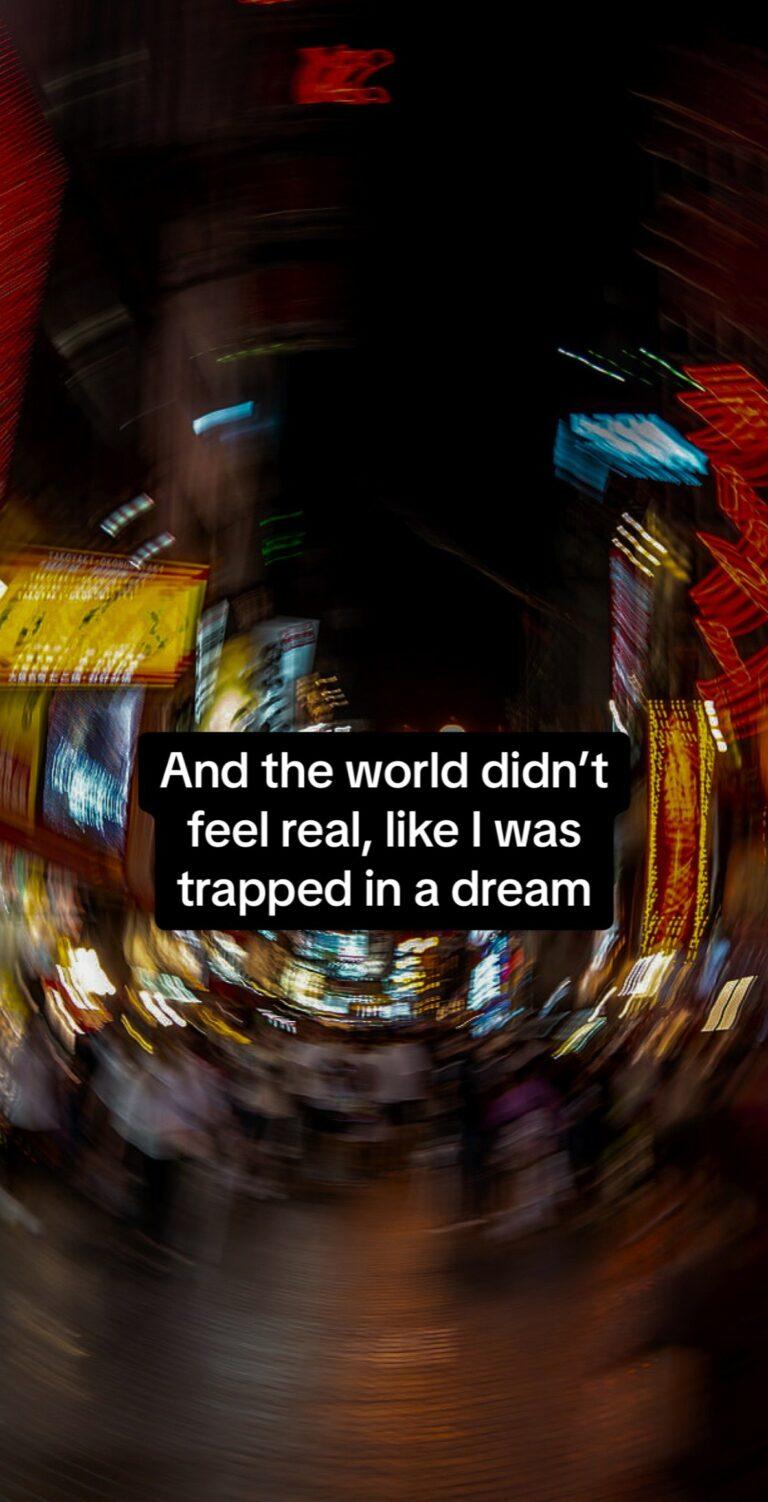
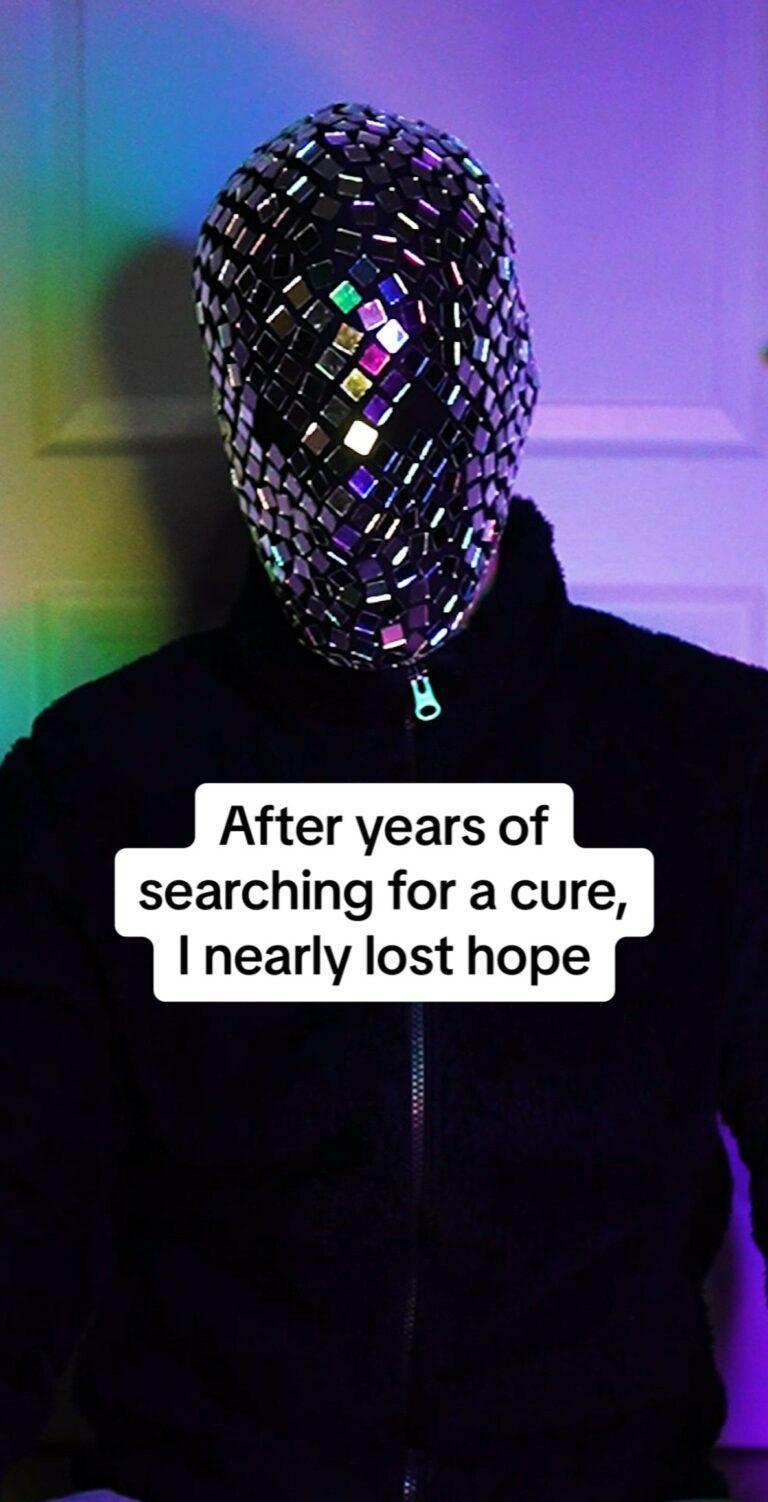
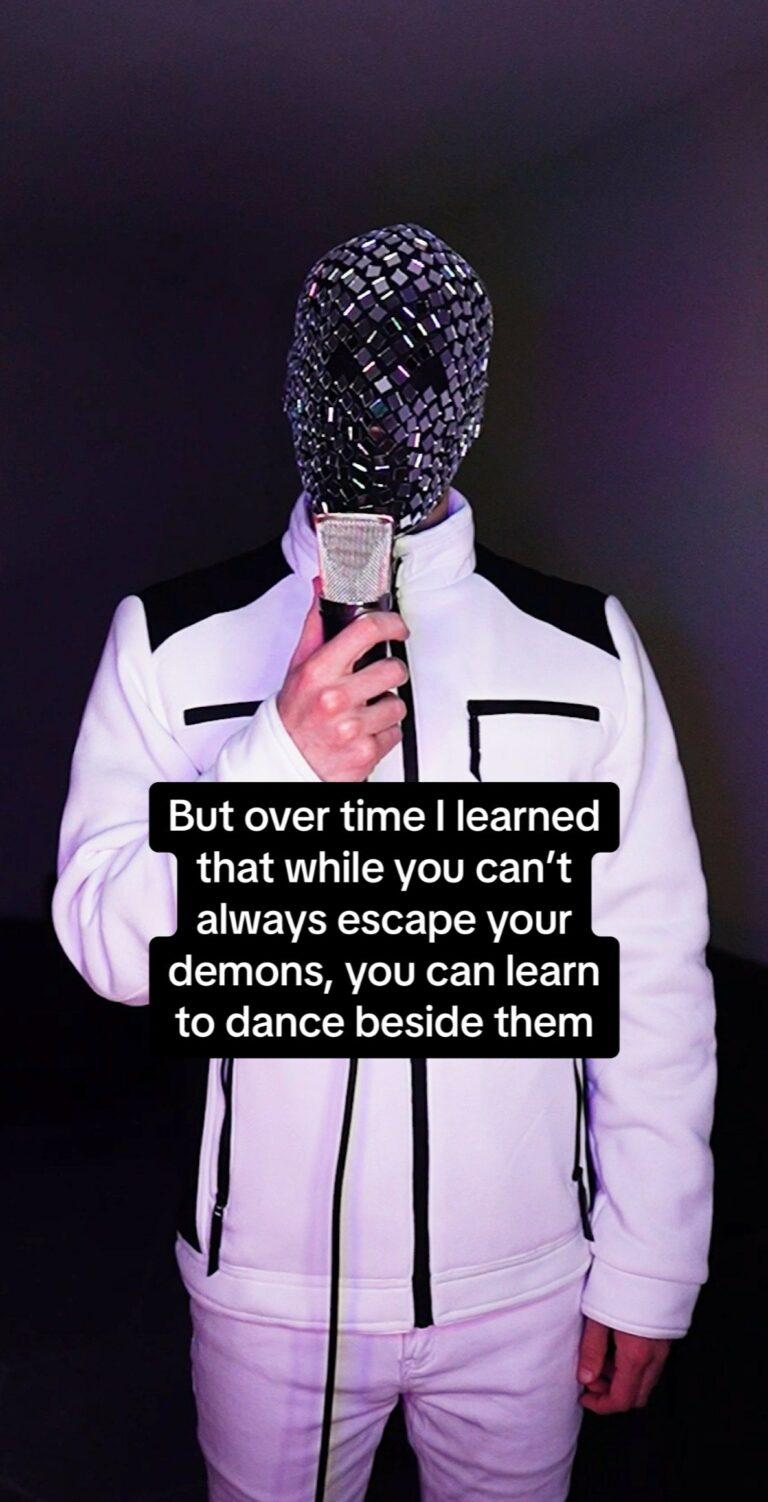
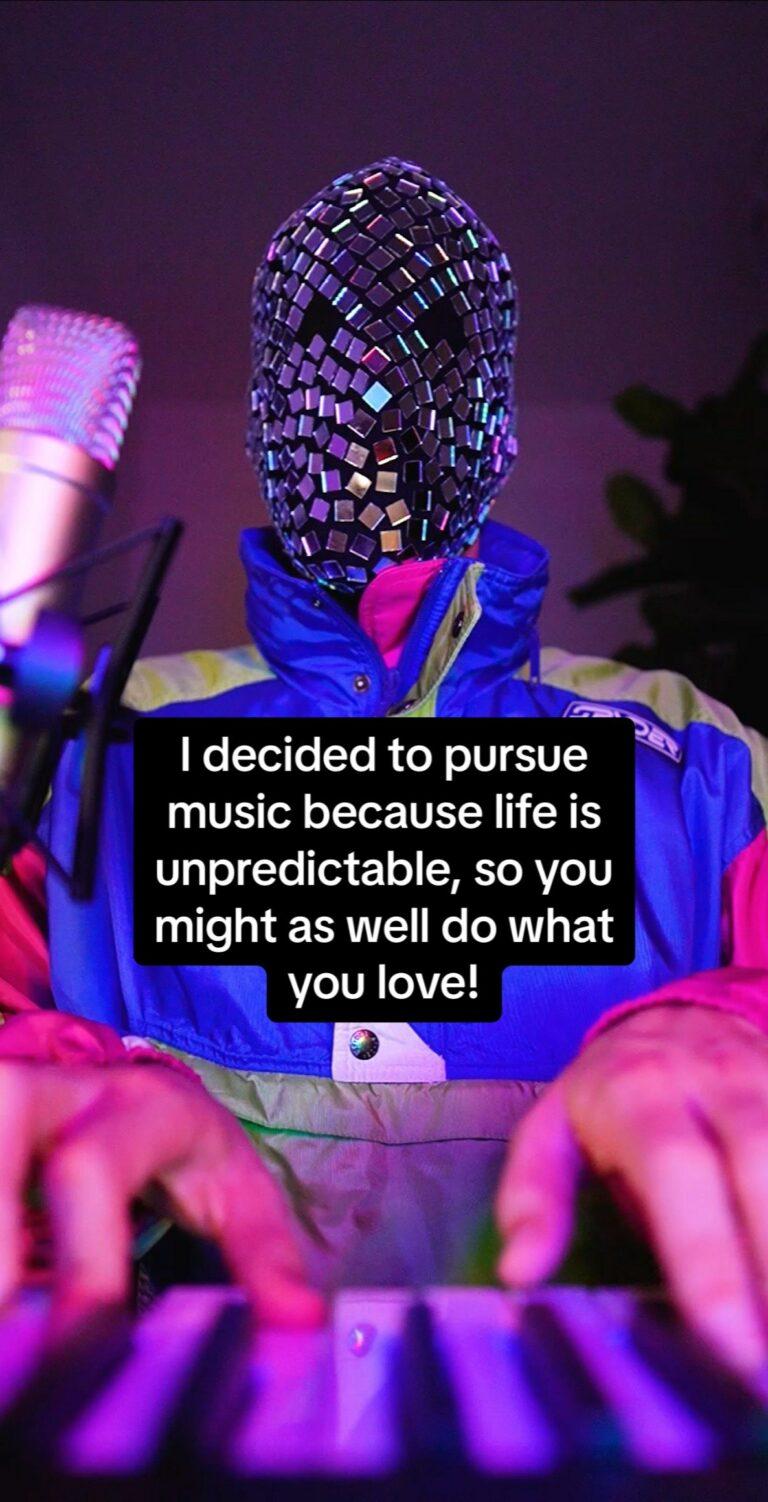
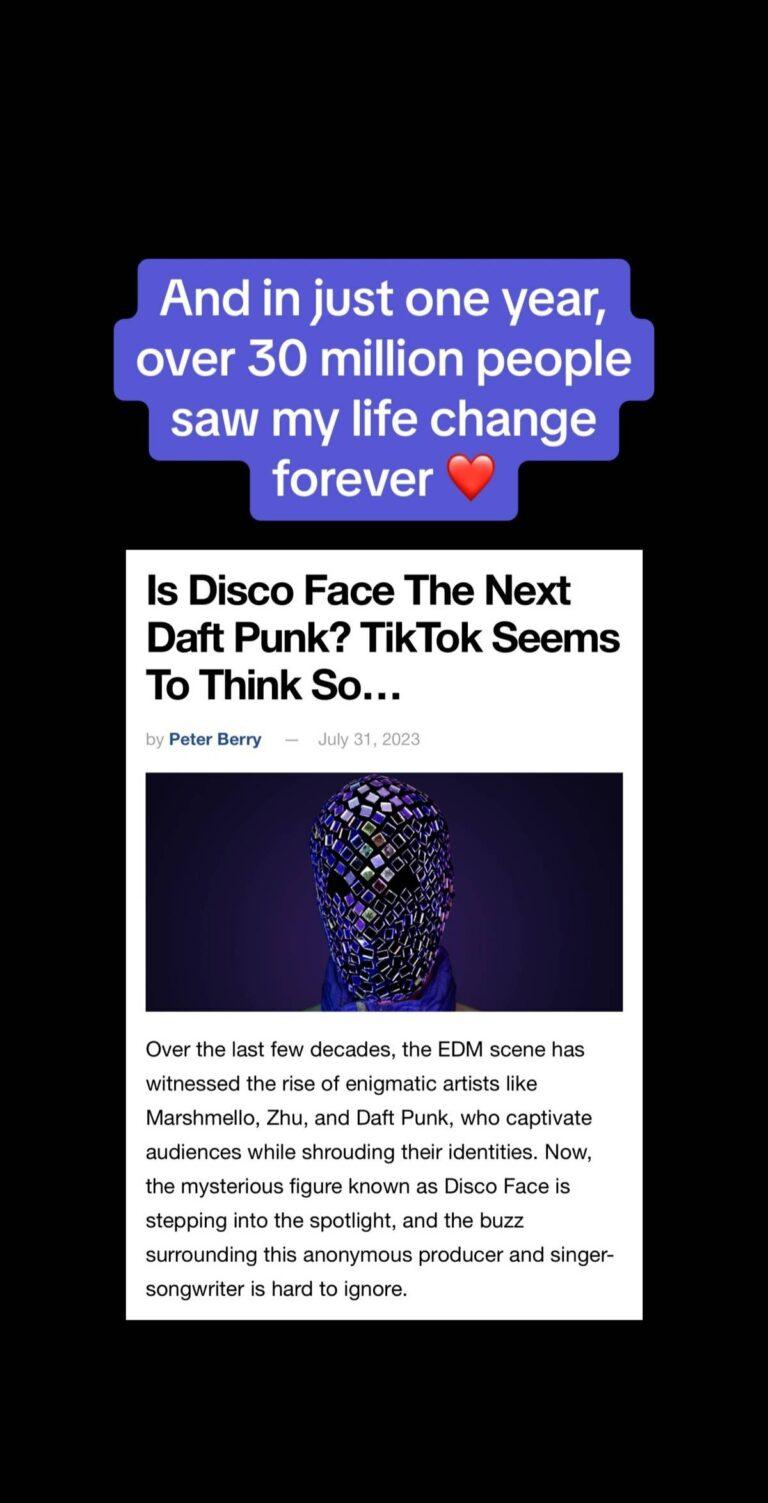
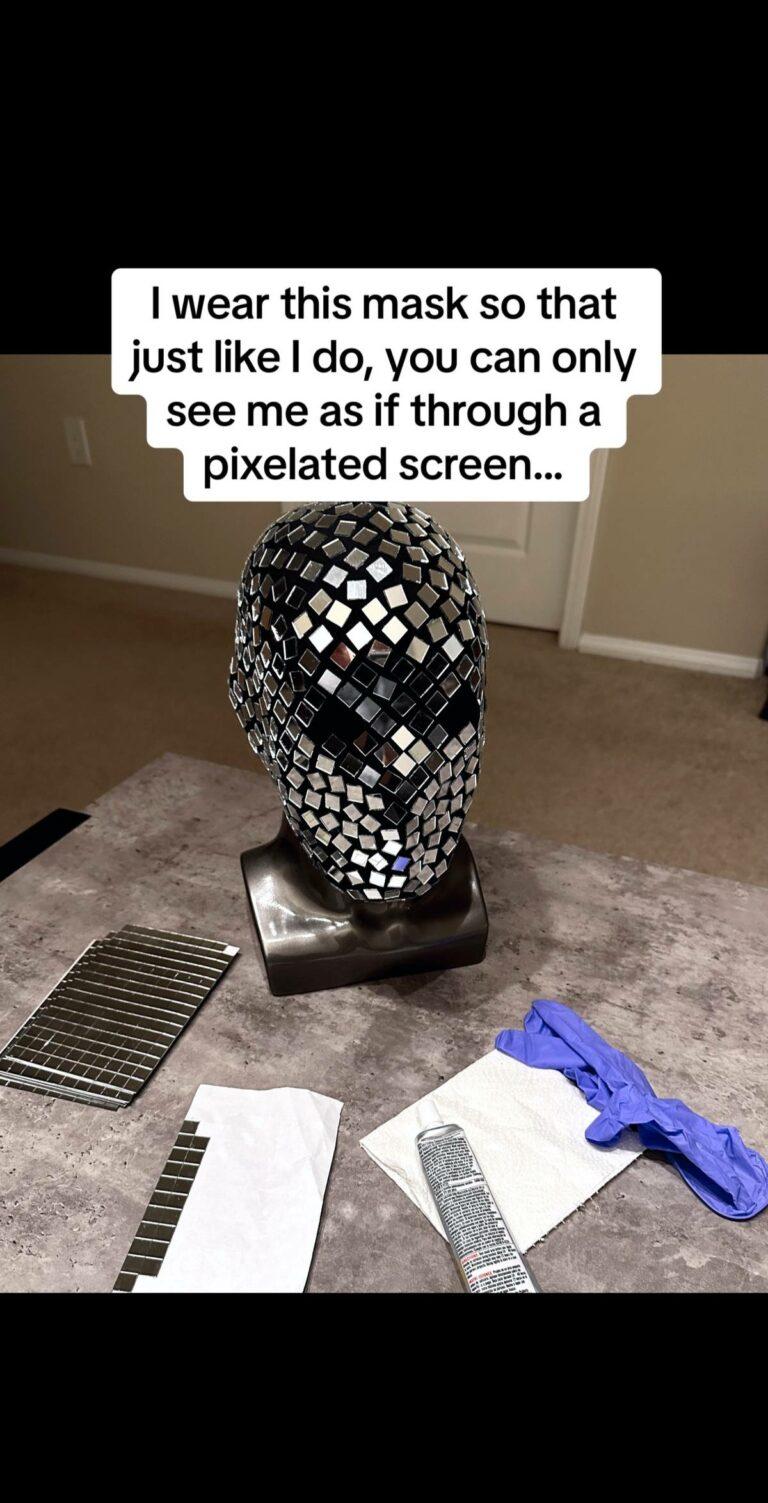
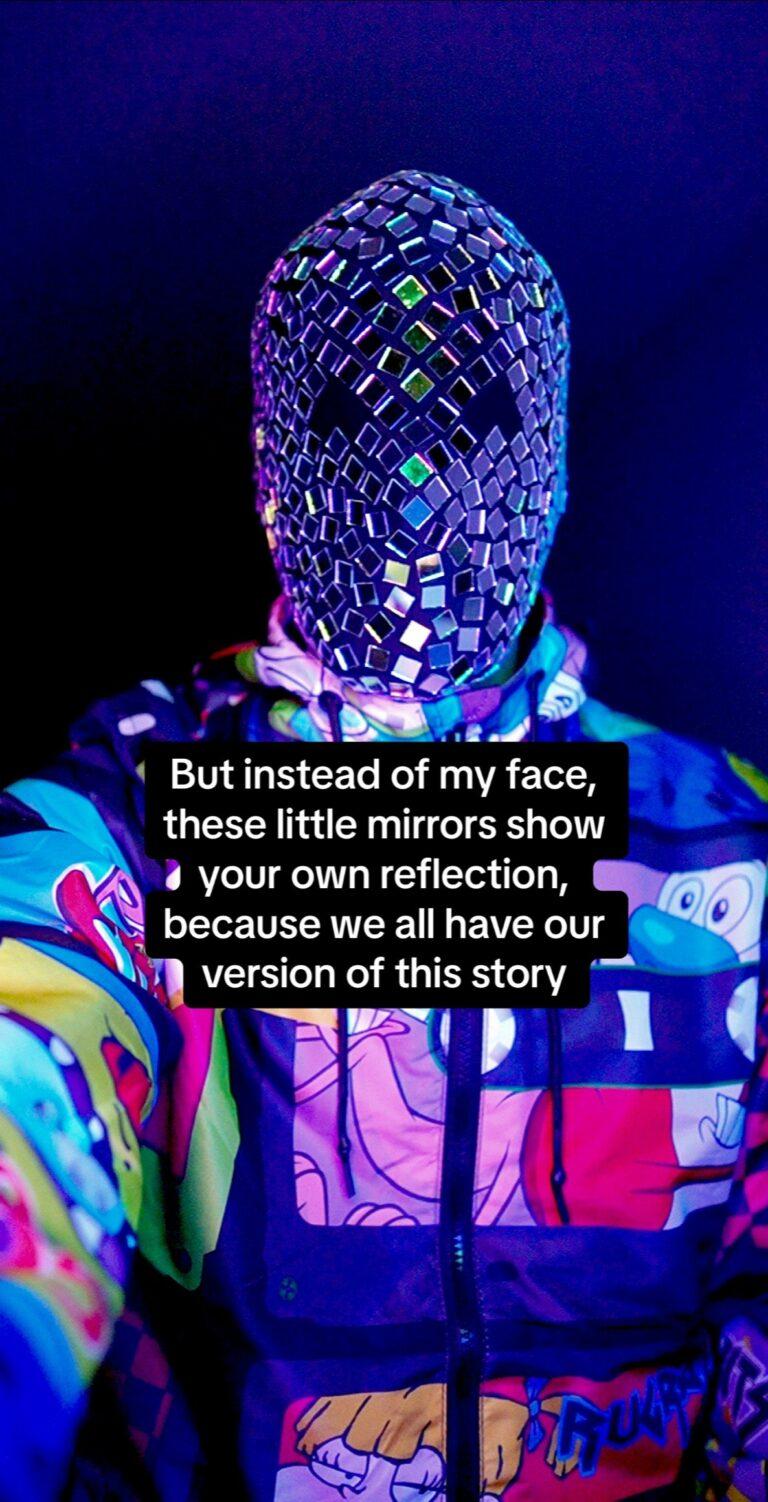
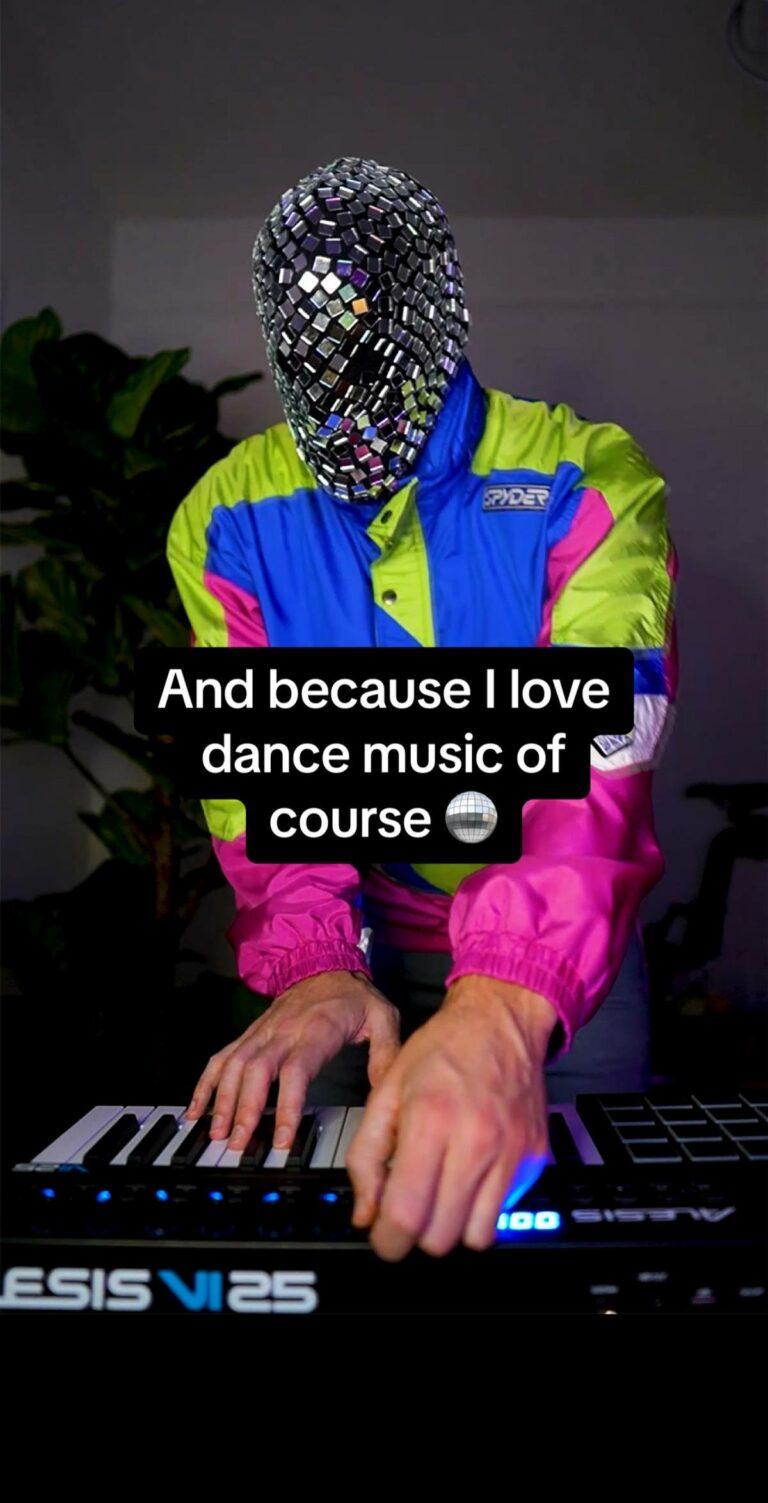
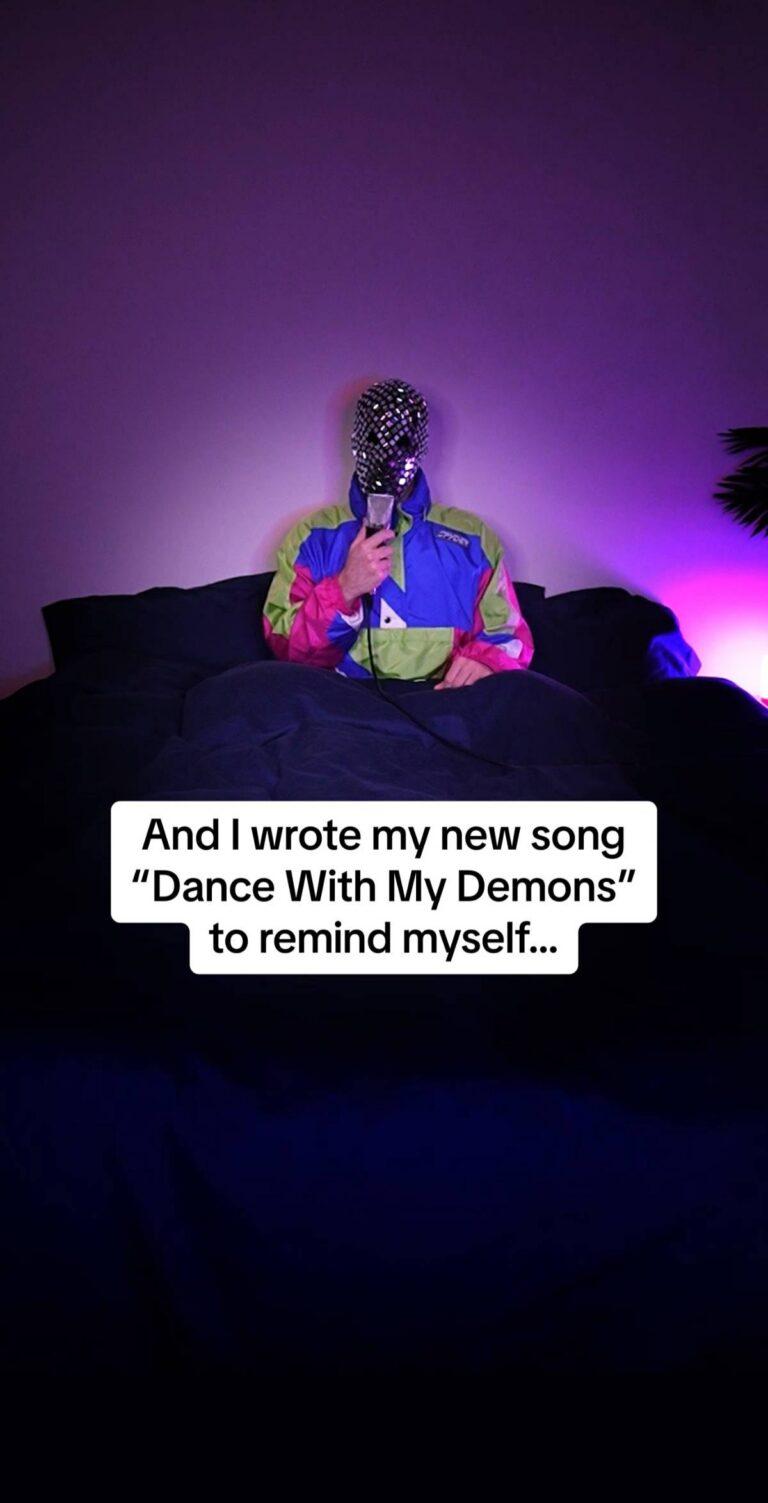
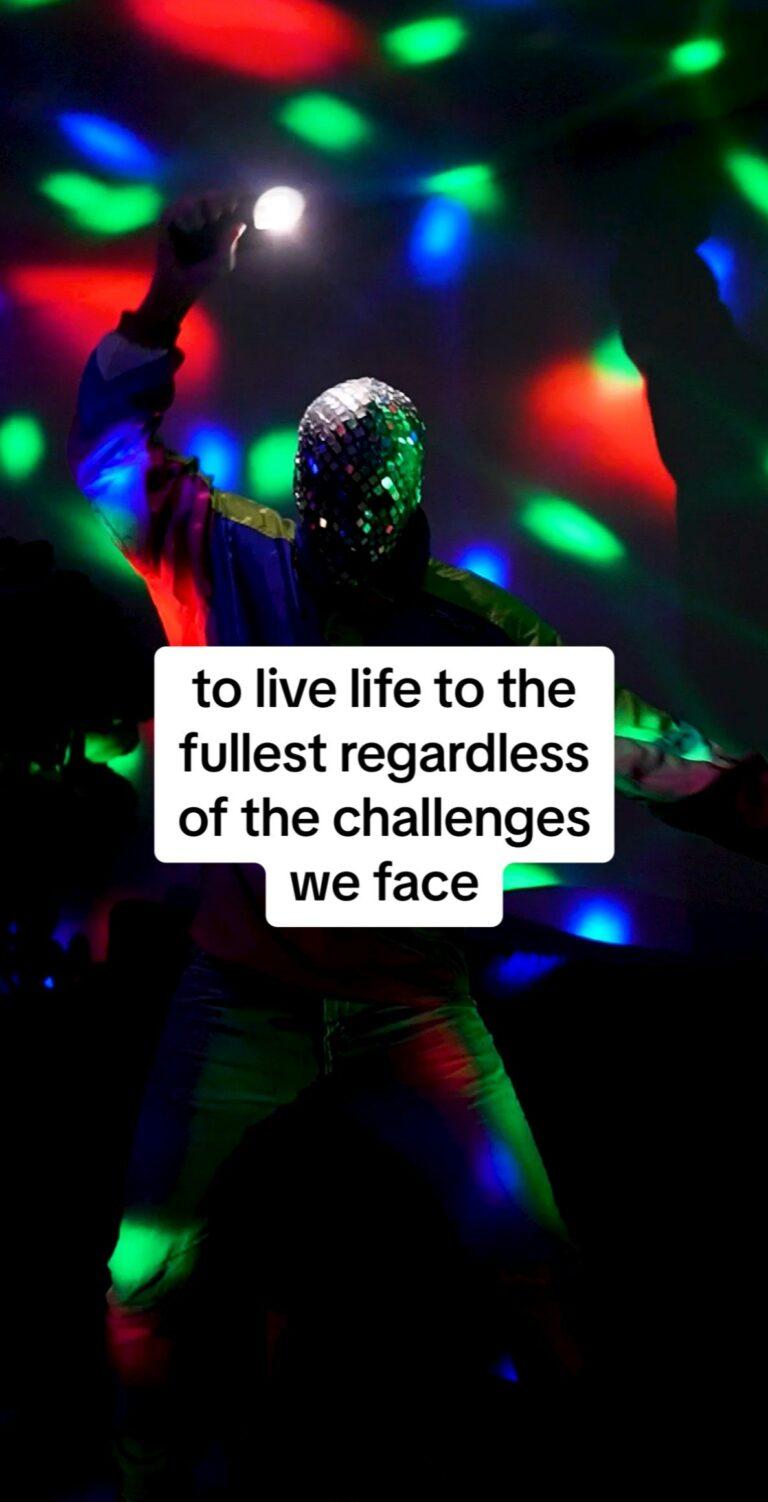
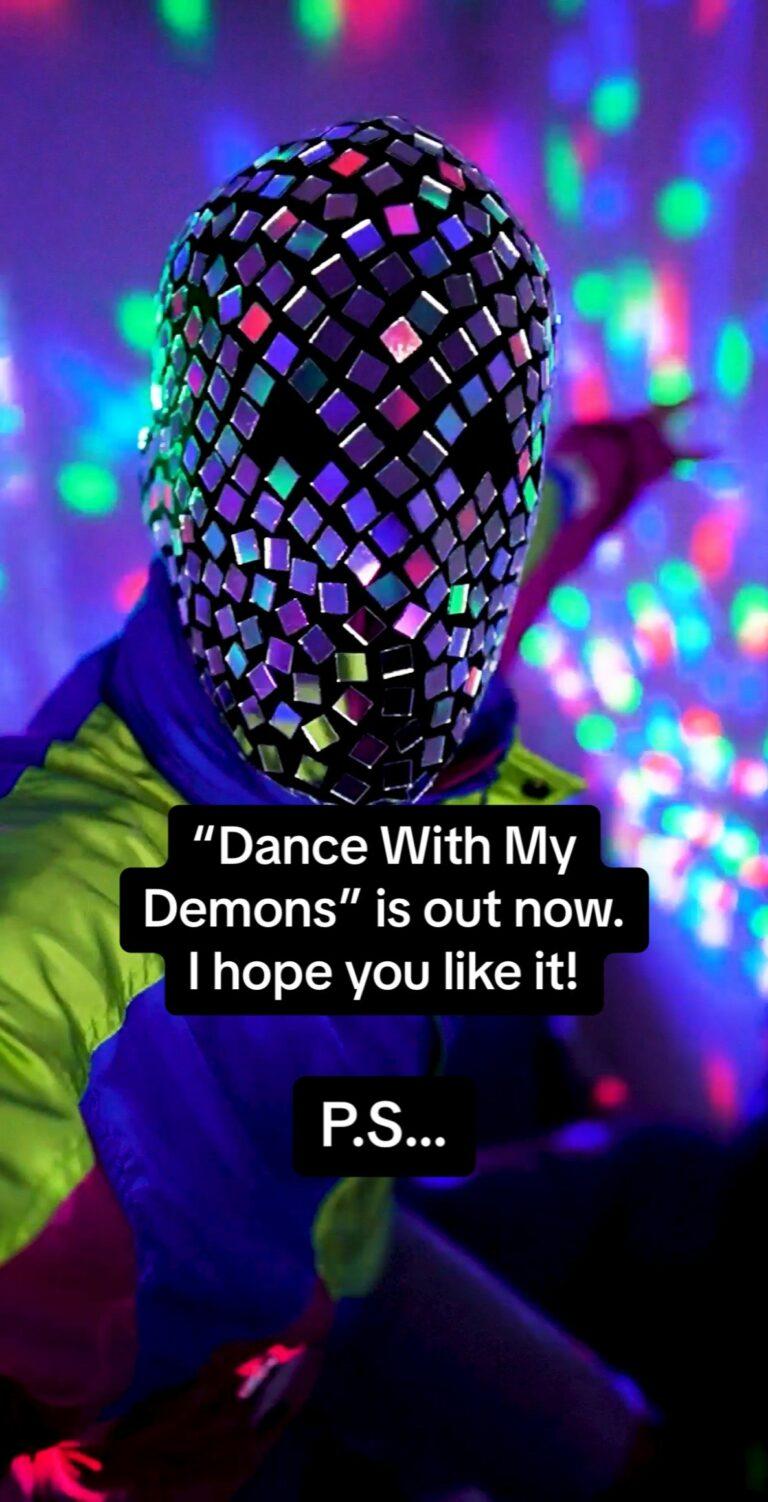
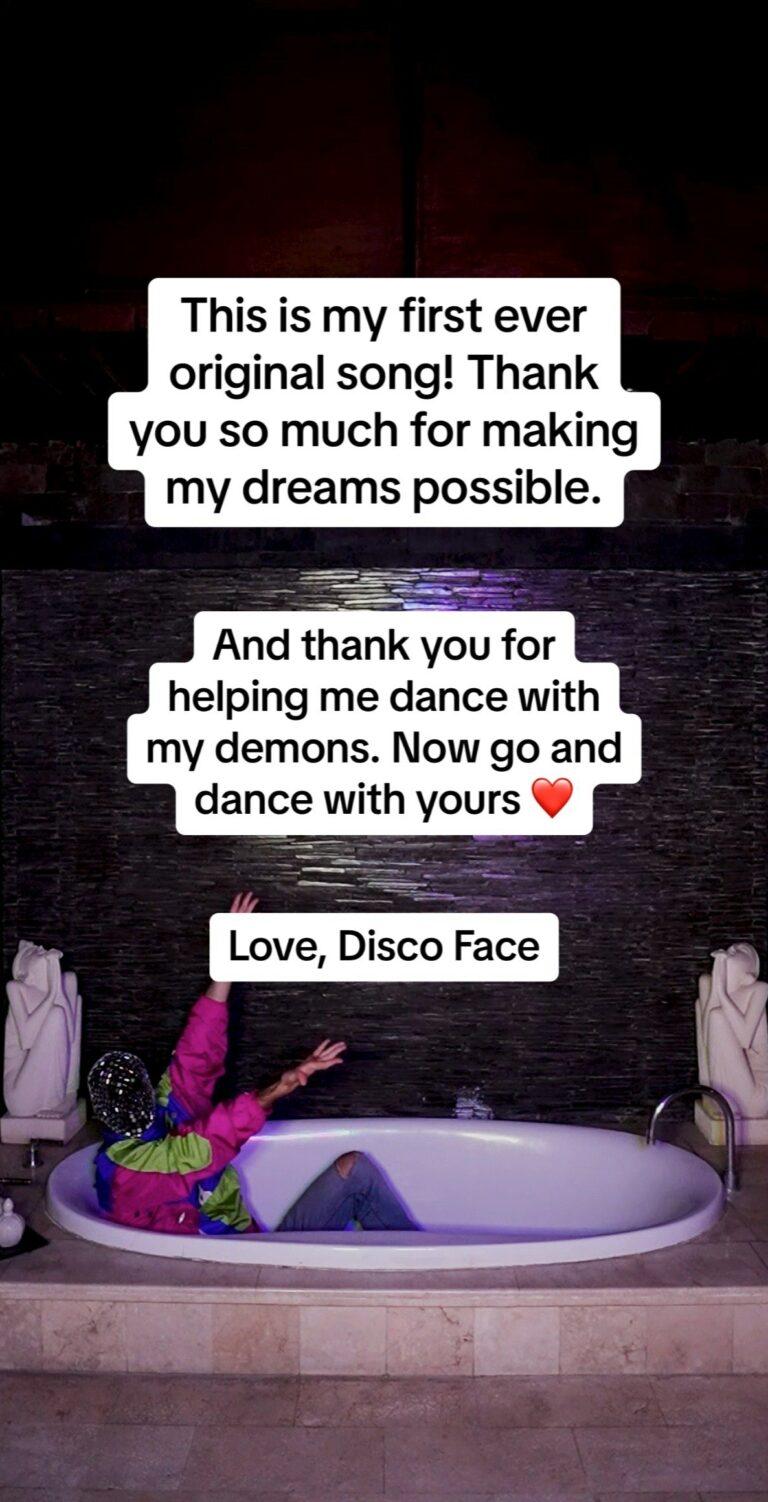
Sierra: What inspired you to share your story and announce that you have Visual Snow Syndrome?
Disco Face: When I first developed VSS, I didn’t have many resources to look to or ways of connecting with people that had it, so I felt completely alone. I also felt like my life was over and there was no way I’d ever be able to accomplish the things I wanted to accomplish. I decided to share my story because I want others with this condition to see that they’re not alone, and to show that you can continue living your life and pursue your wildest dreams regardless of this condition. And of course, I wanted to help raise awareness (and eventually funding) so we can hopefully someday see a cure.
Sierra: For many people with VSS, their symptoms are debilitating. Can you relay some of your struggles when you first got VSS and how you overcame them?
Disco Face: In the early days, some of the most challenging symptoms for me were anxiety, fatigue, and derealization. You simply can’t understand what it’s like to walk in a world that doesn’t feel real until you’ve experienced it. And few things get in the way of living your life like severe panic attacks in the most inconvenient situations. For the first year or so, I did everything I could to make things better. I tried different supplements, medications, treatments, and therapy. I saw every kind of eye and brain doctor you can imagine, and it wasn’t until I saw a neuro-ophthalmologist that they had even heard of visual snow. In the end, it wasn’t anything I took that made things better, rather learning what to avoid/what makes things worse, and improving general habits like getting quality sleep, exercising, meditating, and eating well, that made the biggest difference.
Sierra: You shared that your debut single, “Dance With My Demons” is a reminder to live life to the fullest regardless of the challenges we face. This message is very important and relevant in the context of overcoming the struggles associated with VSS. How has Visual Snow Syndrome influenced your music/career?
Disco Face: VSS taught me that we can do anything we set our mind to even if we’re struggling. In fact, it’s partially this struggle that gave me the drive to pursue such an audacious dream. Life is so short and unpredictable that you might as well do what you love, even if your friends, family, or just the voice in your head tell you otherwise. VSS has influenced my career by giving me the motivation to go for it, and has influenced my music and artistic style in that it combines dark, emotional influences with bright, colorful, uplifting dance music.
Sierra: You shared that the signature Disco Face mask you wear is so that others can see you just like you see them (through a pixelated screen). Is the name, Disco Face, and your mask inspired by your journey with VSS?
Disco Face: Both the mask and name are inspired partly by my love for dance music, and partly by my story. When I set out to pursue music, I knew I wanted to stay anonymous. When deciding what I wanted to be, what kind of music I wanted to make, and what I stand for, it really felt like the perfect combination of all of these influences.
Sierra: How would you describe Visual Snow Syndrome?
Disco Face: VSS is like experiencing the world through a TV screen, both visually and sometimes perceptually. One thing that many don’t realize, though, is that as annoying as the visual aspects can be, it’s the mental and physiological effects that are the biggest challenge.
Sierra: What is your relationship like with your VSS today?
Disco Face: Today I don’t think about my VSS as much as I used to. I no longer analyze it 24/7, and I no longer feel like it defines me. It’s just this thing I’m dealing with, and over the years I’ve learned that pretty much everyone is dealing with something. Of course some days are very difficult, and some days I still think, “why me”, but overall I’m doing so much better, and when I look back to the early days of VSS I can’t believe how far I’ve come.
Sierra: Why do you feel it is important to raise awareness for VSS?
Disco Face: Awareness is the first step toward finding viable treatments and a cure. Without awareness, there wouldn’t be as high of demand or funding for research. Additionally, too many people go undiagnosed today, preventing them from finding the help they need and from learning how to manage their symptoms.
Sierra: What advice or words do you have for others with VSS?
Disco Face: First, it gets so much better!! If you’re in the early days, just know that what you’re experiencing now will not be the norm forever. You’ll learn to manage it to a point where it doesn’t get in the way of your life.
Second, don’t be afraid to experiment. Different treatments and habit changes can make a huge difference for different people. If you’re still at a point where VSS is debilitating then don’t stop trying, it will be worth every bit of effort.
And lastly, as I said before – life is short, so do whatever it is you want to do 🙂 If someone tells you otherwise, ignore them! And if you’re worried VSS will make it more difficult, you’re probably right to a small extent, but it doesn’t mean it won’t be possible. In fact, the drive and perseverance that comes from overcoming VSS will give you a huge advantage.
Sierra: Can you tell us about your latest release?
Disco Face: My latest release, Bury Me Alive, is a song about overcoming your fears, and the dialogue with the voice in your head. What starts as the phrase “bury me alive”, a way of running away from our problems, turns into a message of not backing down, and changing the emphasis to the word “alive”, as in – you’ll have to bury me alive because I’m not going anywhere.
For More Disco Face
You can find Disco Face on Spotify, TikTok, Instagram, and/or Youtube using the icons below:

